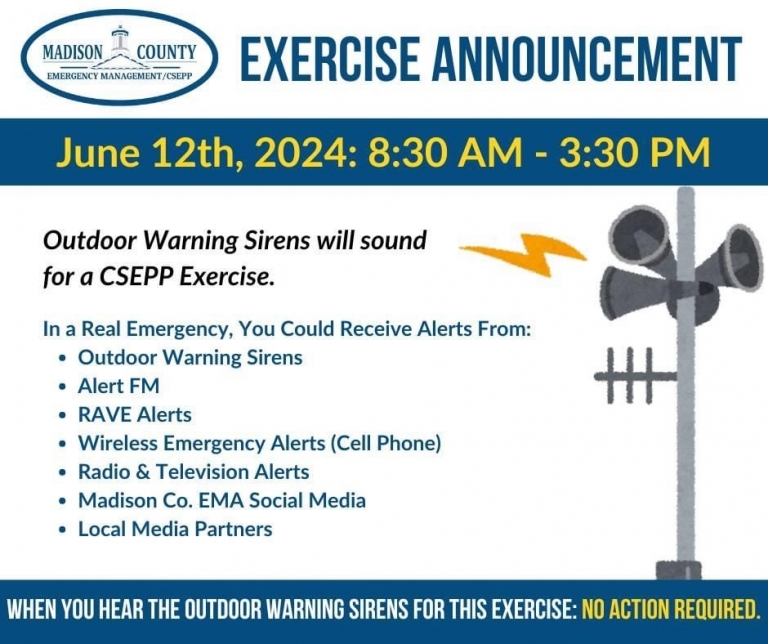Seasonal & Pandemic Flu
Take 3 Against Flu
Vaccinate
A flu vaccine is the best way to protect against flu. The flu vaccine protects against three different flu viruses. Getting a vaccine is very important for people at high risk for serious flu complications and their close contacts. People at high risk include infants, pregnant women, people with chronic health conditions like asthma, diabetes or heart disease, and people 65 and older.
Stop Germs
Cover your cough. Cover your mouth and nose with a tissue when you cough or sneeze, or cough or sneeze into your upper sleeve, not your hands. Throw the tissue away after you use it. Clean your hands often with soap and water, especially after you cough or sneeze. If you are not near water, use an alcohol-based hand cleaner. Stay away as much as you can from people who are sick. If you get the flu, stay home from work or school. If you are sick, do not go near other people so that you don't make them sick. Try not to touch your eyes, nose, or mouth. Germs often spread this way.
Antiviral Drugs
There are flu antiviral drugs that can treat the flu or prevent infection with flu viruses. For treatment, antiviral drugs should be started within 48 hours of getting sick. For prevention, antiviral drugs are 70% to 90% effective in preventing infection. These drugs must be prescribed by a health care provider. If you develop flu-like symptoms (usually a high fever, headache, extreme tiredness, dry cough, sore throat, runny or stuffy nose, muscle aches, stomach symptoms, such as nausea, vomiting, or diarrhea), or are exposed to the flu before you get a flu vaccine, your health care professional will decide whether you should take antiviral drugs.

